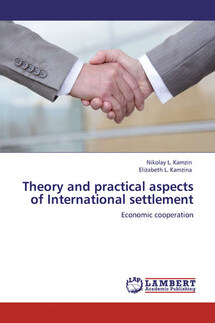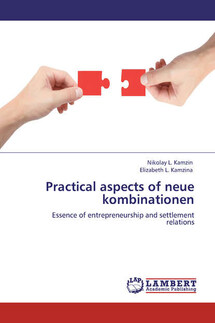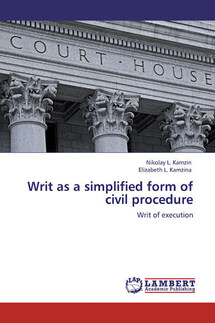The implementation of the economic cycle: freedom, trust, duty - страница 20
The seller delivers the goods with no guarantee of payment, the buyer transfers money to the payment date. The seller does not receive any guarantees from the buyer. Therefore, such terms of payment are possible only in one country or between firms that know each other well and in foreign trade are rarely encountered.
The peculiarity of this form of payment is that the movement of goods a head of the movement of money. Calculations related to commercial loans. In fact, this form of payment used for lending to the importer.
– Calculations based on bills, checks, bank cards – international payments, which apply transferable and regular bills. For the payment of a bill acceptor is responsible (importer or the bank), consenting to pay it. A uniform law a bill (1930) governs the form, details, and the terms of billing and payment of bills.
For non-commercial transactions be used travel (tourism) receipts issued by a major bank in different currencies. Cheque – monetary instrument prescribed form containing an order to pay the bank designated by him the currency to its owner. Form and check details are regulated by national and international laws (check the 1931 Convention, etc.).
If payment is made by check, the debtor (buyer) either alone puts a check (check the client), or shall refer it to the bank statement (check the bank).
Road (coach) check – a payment document, the monetary obligation (order) to pay the amount indicated on it the owner of the check. It is issued by major banks in national and foreign currency.
Eurocheque – check in the Euro-currency issued by a bank customer without prior payment of cash and in larger amounts through a bank loan of up to 1 month. He is paid in any currency of the country – member agreement. Eurocheque in force since 1968.
In the international accounts are actively used bank cards (Visa, MasterCard, CirusMaestro, Union Card, DinerS Club, and American Express).
International operations are carried out with the help of computers, electronic signals in the form of entries in the memory banks of computers, transmitted via remote communication. Information is passed on interbank settlements through SWIFT. Joint Stock Company – Worldwide Interbank Financial Telecommunication Network (since 1977) serves about four thousand banks and financial institutions nearly 100 countries.
Currency clearing – settlements in the form of mandatory set-off of international requirements and obligations on the basis of intergovernmental agreements. Unlike the domestic interbank clearing of mutual credits at the exchange clearing not made voluntarily, and without fail in the presence of an intergovernmental agreement. For the first time foreign exchange clearing was introduced in 1931 amid the global economic crisis. They are widely spread before and especially after World War II (with 74 – in 1935 to 400 bilateral clearing – in 1950). In 1950 – 1958's. multilateral clearing – EUROPEAN PAYMENTS UNION (EPU) – covered 17 countries in Western Europe.
Due to clearing international payments exporters and importers made in national currency with the clearing banks, which produce a final set-off of mutual claims and obligations. Exporters are not foreign and local currency. Importers bring in national currency clearing bank.
Bank for International Settlements (Basel) is the agent bank clearing. William Shakespeare wrote: «If there be nothing new, but that which is, hath been before»









